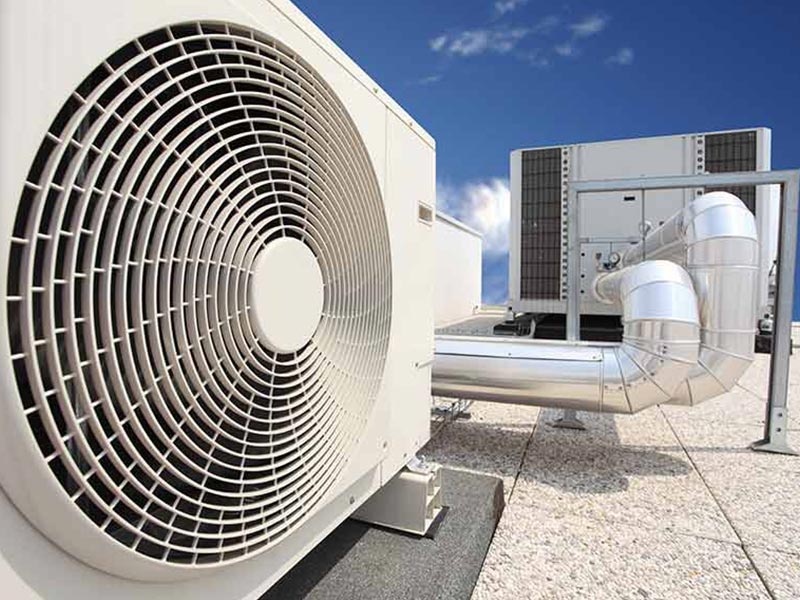Though we often assume the air quality inside our home is superior, it actually may have more pollutants than a public facility. If you don’t do something to improve the quality of your air, you may be setting yourself and your family up for all types of health concerns.
The quality of your air depends on a number of factors, such as the cleanliness of your duct work, the amount of pollutants and chemicals used in your home, how ventilated your home is, and whether or not your home has air leaks.
Improving your indoor air quality can prevent health issues such as breathing problems, which include asthma and allergies. Read on for tips to improve the air quality inside your home.
Clean Your HVAC System
Your HVAC system in your home could be causing poor indoor air quality, especially if this system is not clean itself. Your air conditioner, furnace, and the vents/air ducts in your home should all be kept clean. You can accomplish this by:
- Spraying down your condensing unit. Spray down your outside condensing unit to remove dust, dirt, and other allergens that may be trapped in the fins. These particles can get into your home and be distributed by the HVAC system. They can also cause your system to choke up by not getting enough air.
- Vacuuming out your furnace. Vacuum your furnace before and after the cold weather season to remove allergens and dust that can get into your air ducts.
- Cleaning the condensate drain. Clean the condensate drain, where a buildup of dust and other debris can get caught. Mold and mildew can grow here as well.
- Changing the air filter. The air filter in your system should be changed every other month to prevent allergens from being spread around your home. A clogged air filter can also cause a breakdown of your HVAC system.
- Cleaning the vents/air ducts. Call a professional HVAC company at least once per year to have your air ducts cleaned.
Use Natural Products for Cleaning and Killing Pests
The amount of pesticides and chemicals you use inside your home can greatly impact your indoor air quality. Cigarette smoke, harsh household cleaners, pesticide sprays, and even paint or stains can all cause poor indoor air quality.
These pollutants continue to linger in your home well after use, reducing the quality of your air. Cease smoking inside your home and ventilate when you need to paint or when using any type of chemical products. You can also switch to all-natural cleaners and pesticides.
Ensure There Is Proper Ventilation
Your home should be well ventilated to clear out pollutants and odors in your home. Turn on the circulation fan when you cook to get rid of odors, and turn on the fan in the bathroom to get rid of moisture and steam.
A well-ventilated home can not only remove poor odors but removes moisture and humidity from the air, which, if left untreated, can cause mold or mildew to grow and results in possible breathing issues.
Weatherize Your Home
Weatherizing your home can reduce the amount of outdoor air coming into your home. Weatherizing tasks — such as caulking around windows and doors, adding storm doors to prevent drafts, and adding insulation to the attic of your home — can greatly reduce the amount of outdoor air coming into your home.
The air quality of your home can make a big impact on the health of your family. For help with improving the air quality in your home, call Krauss & Crane Air Conditioning, Inc.




